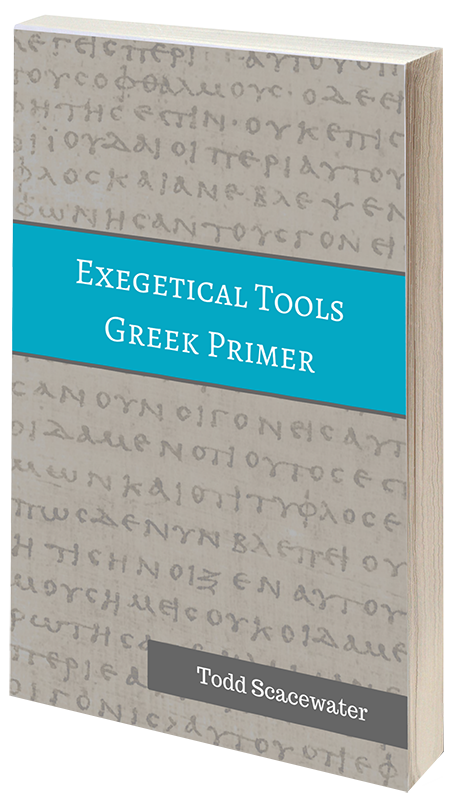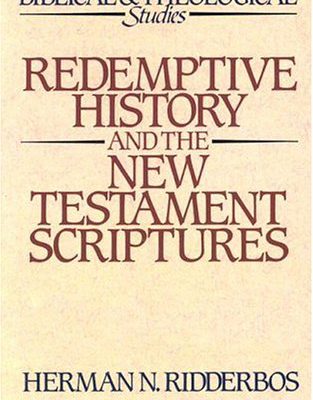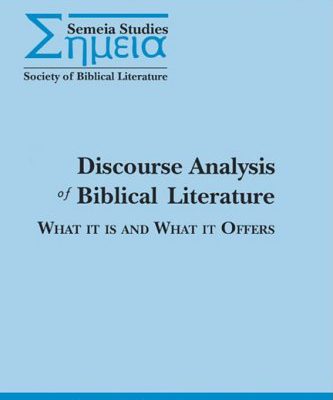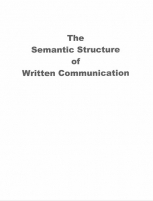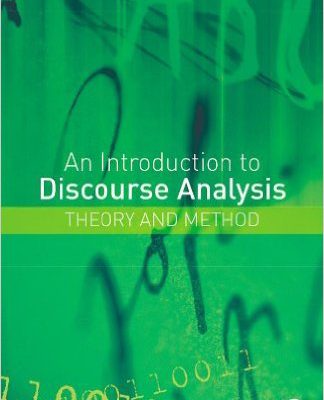D. Wallace’s Plan for Reading Gk. NT in 1 Year
Daniel Wallace has provided students a 1 year plan for reading through the Greek NT in 1 year. He orders the reading plan from easiest (John) to most difficult (Hebrews) and recommends reading three chapters a day, one being a new chapter and the other two being review (see his longer explanation). He has grouped them in segments of 6-10 chapters, so that if you tackled one segment a day you would finish the entire plan in a month, a…

